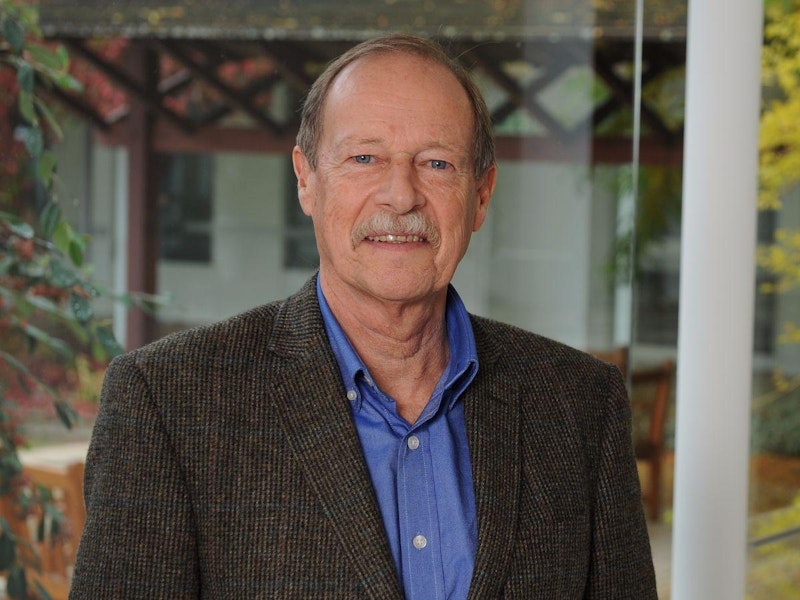Leading with Purpose
This is a precis of an article by Graham Louden-Carter, Executive Fellow in Executive Education

One of the foundations of the Henley Leadership Programme is to provide the environment and opportunity for participants to reflect on their leadership and consider different leadership models, approaches and points of view.
Our values and beliefs drive our purpose, as well as what we want to achieve in our lives. And as leaders we can gain much by clarifying what our individual purpose is and aligning our behaviours to it. It helps us deal with new circumstances or challenges as they arise, guiding our choices, and enables us to make a stronger connection with our organisation’s purpose, and inspire our people to do the same.
Recent research is showing that organisations that support their leaders in making this connection between personal and organisational purpose can transform a group and allow it to reach new heights of accomplishment.
A evolution in thinking
Humans have long understood that we are motivated to make sense of our lives and to find a purpose that goes beyond our own basic needs. People want answers to the questions ‘Why?’ and ‘What for?’ and when we find them, we can bear many of the challenges that life throws at us.
Abraham Maslow argued that there is a set of basic physical needs that people must satisfy, but beyond these, they strive for companionship and belonging – and ultimately for self-actualisation. Only by satisfying these latter needs do people generate a true sense of meaning and fulfilment in their lives. They want their work, their activities and their existence to have some value to others.
Building on this, recent thinking and research into what makes leaders successful is emphasising the critical role of authenticity in the inspiration and motivation of people, and clarity of purpose is seen as a key driver of the perceived authenticity of leaders.
The co-founder of advertising agency GSD&M, Roy Spence, said: ‘Behind every great brand is an authentic sense of purpose – a definitive statement about the difference you are trying to make in the world and a workplace with the energy and vitality to bring that purpose to life.’
Spence says that purpose enables you to look at an opportunity or challenge and ask yourself: ‘Is this the right thing to do, given our purpose?
So we can see how current leadership thinkers are highlighting the power of individuals becoming clear about their purpose, and using it to guide them, as well as the benefits organisations can obtain by embracing and living up to a clear sense of purpose.
Writing your own purpose statement
A purpose statement defines where you want to go, what you want to do and how you would prefer to do it. Writing down your purpose statement is a way to capture the essence of who you are and what your purpose is. It might help describe the kind of person you are, what motivates you, what is important to you and what guides your choices and behaviour, but it is always evolving, and whenever you re-read it or amend it, you will feel clearer about who you are.
Here are some useful questions you can ask yourself to help you reflect on your purpose:
• Do I have an invigorating sense of purpose that ignites my passions?
• Do I have aspirations beyond living a high-quality and pleasurable life?
• If others were asked would they be able to identify my core values?
• Do I have a distinctive set of strengths that make me feel unique?
• Do I feel connected in a meaningful way with others around me?
• Do my aspirations and goals stretch me?
• If my current dreams were to come true would I feel that I had lived a worthwhile life?
Once you have written your statement, use it to assess your feelings of connection with the organisation’s stated purpose, vision and strategy, and to help you strengthen this connection.
Read it often, and rewrite it whenever it needs it.
Final thoughts
We should free up more of our time for self-exploration, to examine our experiences and reflect on whether we are being the person we want to be. We are often too busy trying to get things done or to prove ourselves, but unless we invest this time there will always be something missing that we didn’t explore enough.
It takes personal courage and honesty to open ourselves up to considering our needs, values, preferences and motivations. But being clear about your purpose and embracing who you are gives you greater confidence in yourself and this becomes obvious to people around you, who often find it inspirational and infectious.



